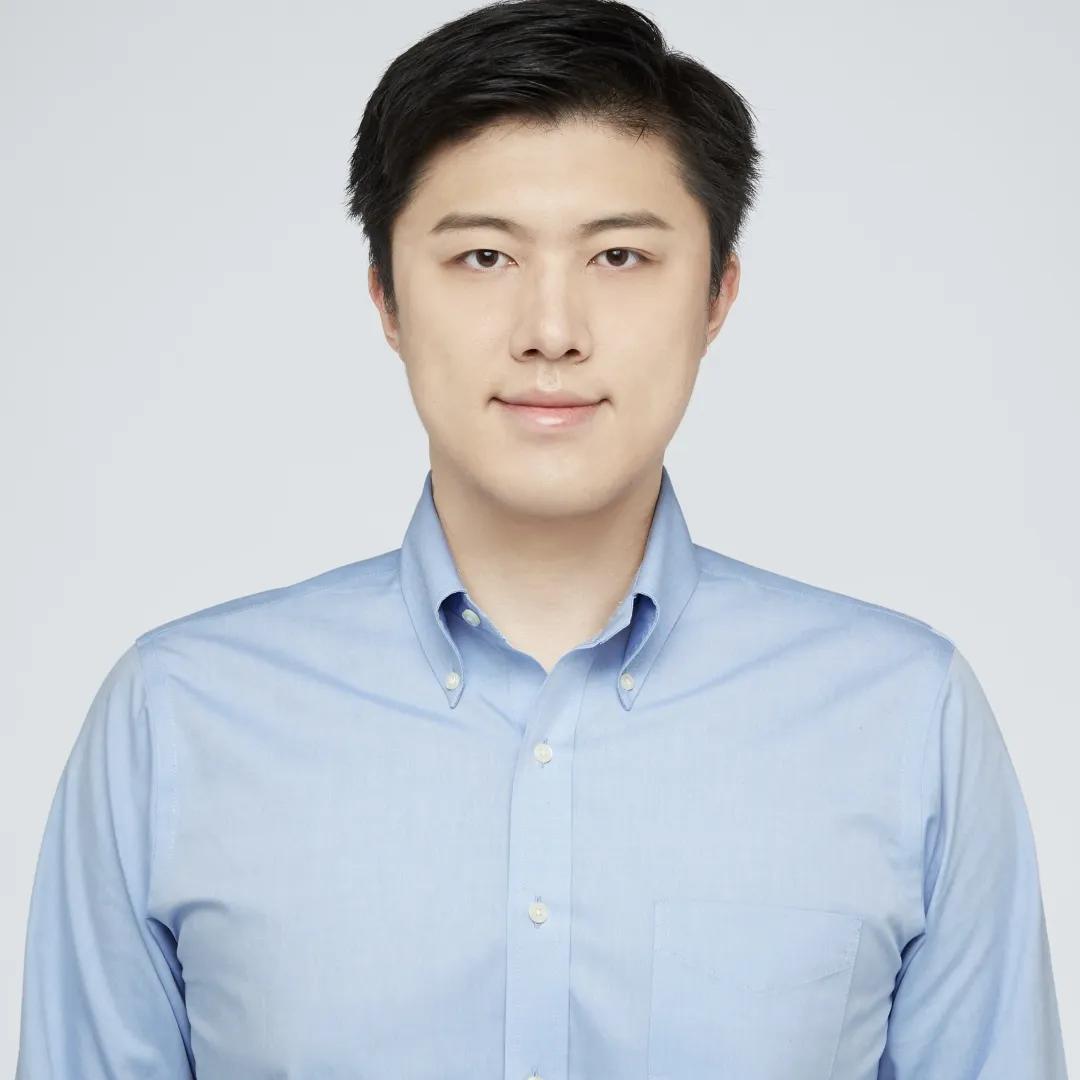
Associate Professor Zhang Feng is the head of Digital Technology at Hainan Bielefeld University of Applied Sciences (BiUH). He earned his Ph.D. in Biostatistics from the Department of Computational Biology at the School of Life Sciences, Fudan University. Previously, he served as an associate researcher at the Shanghai Jiao Tong University School of Medicine. His research focuses on the development and innovative applications of algorithms for single-cell and spatial multi-omics data, with years of experience in algorithm development and data analysis.
Writing the Code of Life
Associate Professor Zhang’s academic journey spans mathematics, computer science, and biomedicine, reflecting a distinctive interdisciplinary nature. He recalls that his journey from an initial interest in programming to delving deeply into biomedical research was marked by challenges and growth at every turning point.
He has always insisted on open learning, believing that, in today’s highly advanced technological landscape, relying on a single discipline is no longer sufficient to tackle complex problems. Only by continuously optimizing one’s knowledge structure and strengthening interdisciplinary capabilities can one continue to progress in specialized fields.
Upon entering the biomedical field, Zhang realized that traditional algorithms could not handle the complexity of biological data. This realization led him to use biostatistical methods to break through bottlenecks, expand research dimensions, and achieve a deep integration of computer science and biomedicine, opening new research possibilities.
Although the interdisciplinary path was not easy, and he sometimes felt lost in unfamiliar fields, his solid foundation in computer science and mathematics gradually helped him build confidence and methods for cross-disciplinary research, forging a unique scientific path.
Zhang’s experience dovetails with BiUH’ commitment to cultivating versatile, application-oriented talent.
A Global Perspective within and beyond Hainan
International collaboration opened new horizons for Zhang’s scientific journey. During his visiting research at Cincinnati Children’s Hospital in the U.S., he was introduced to single-cell data analysis, a field that was still in its infancy in China at the time.
The professors he collaborated with during his visit not only helped him master new technologies but also inspired him with their hands-on academic approach, fueling his passion for interdisciplinary cooperation. The atmosphere of equal exchange and pure pursuit of knowledge deeply motivated him in his research.
After returning to China, Zhang did not blindly replicate foreign models but instead considered how to combine his own background with industry trends to find a research direction that suited him. He realized that scientific research should not be about chasing hot topics, but about starting from one’s own strengths, focusing on frontier issues like artificial intelligence and data value judgment, and exploring how technology can serve reality. He also began to pay more attention to international cooperation and industry connections, attempting to find ways to apply research outcomes in universities.
For these reasons, he chose Hainan Bielefeld University of Applied Sciences, which offers an environment that promotes deep integration and encourages collaboration, respecting academic freedom while emphasizing teamwork and practical transformation. Here, he can maintain close interaction with students and adjust teaching progress in real-time, while also receiving feedback and inspiration from teamwork.
Moreover, the open collaborative atmosphere at Hainan Bielefeld University has injected vitality into his research. For instance, a study on the aging of the inner ear in mice, for which he is a co-first author, was published in the prestigious journal Cell Reports in June this year. The study was jointly completed by researchers from Fudan University’s affiliated Eye, Ear, Nose, and Throat Hospital, Shanghai Jiao Tong University School of Medicine, and BiUH.
In teaching, students are also involved in similar projects, such as using single-cell and spatial multi-omics data to study tissue aging and regeneration. These projects not only combine the theoretical and technical aspects of German curricula but also align with the local medical development trends in Hainan, fully reflecting BiUH’ emphasis on “practice-integrated” learning and its integration with local realities.
The Intersection of Reason and Passion
Zhang’s academic journey is both an interdisciplinary exploration and a continuous process of self-transcendence. With keen insights, a rigorous attitude, and profound humanistic thinking, he has found a balance between research, teaching, and social responsibility.
Regarding the future integration of AI and life sciences, he is both optimistic and cautious. He believes that although our understanding of life is far from complete, many of the mysteries of nature will be digitized and modeled in the future, becoming “computational objects” that can be learned and reproduced.
He points out that the biggest obstacle is not the technology itself but obtaining high-quality data and integrating interdisciplinary knowledge. It’s not about having “more” data, but about “understanding” it—those who can determine the value of data hold the key to true innovation.
In addition to research topics, he is also eager to share his personal experiences. He encourages young people to venture out and broaden their horizons in different cultural and academic environments: “Interacting with people from diverse backgrounds will help you understand yourself more clearly.” This humanistic warmth within his scientific rationality reflects his broad-mindedness and inclusiveness as a scholar.
It is precisely this research and educational perspective, both deep and visionary, that led Associate Professor Zhang to choose BiUH as his platform for continued exploration and practice.
His presence has not only injected new energy into BiUH, but also set an example for students in cross-disciplinary thinking and a sense of responsibility.
BiUH is committed to building an open and practice-integrated higher education ecosystem. Here, outstanding scholars like Zhang Feng are working with the university to write a new chapter in the future of education and research.
Contributors: Interns Guo Jiatong, Liang Jia, Zhao Tianyuan, Zheng Bingbing, Wang Du


